Contact
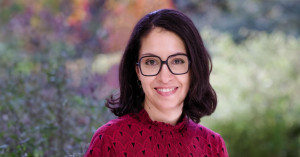
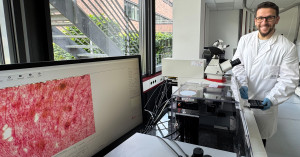
What changes take place in heart muscle cells when a left ventricular assist device is used? ISAS doctoral student Kevin Hau (28) is tackling this question by researching the consequences of heart attacks using various omics analyses.
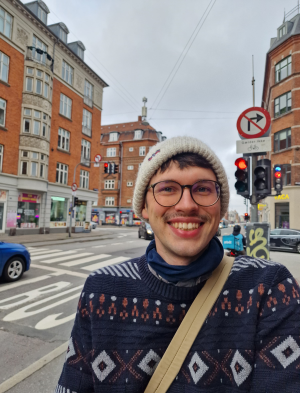
Felix Hormann is spending three months conducting research at the University of Copenhagen. In this interview, the ISAS doctoral student discusses the new perspective he has gained on his lipid research and his exciting day-to-day life as a scientist in Denmark.
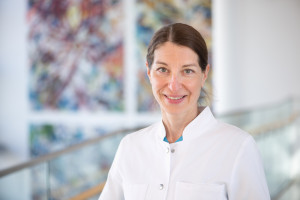
How are new therapeutic approaches being developed to close the gap in the treatment of patients with heart failure? And what knowledge from clinical practice is crucial for this? Prof. Dr Tanja Rudolph provides insights into her daily work as a cardiologist and talks about her role in the translational research project HI-FIVE, and the future of cardiovascular disease therapy.
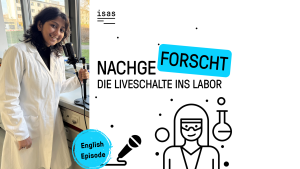
PhD student Susmita Ghosh talks about her research on neutrophil granulocytes – tiny immune cells that play a role in both defending the body against infections and inflammatory processes. Instead of working with countless cells, the biologist optimises analytical methods to enable meaningful proteome analyses with an extremely small number of cells. Ghosh explains why ‘less is more’ and what this has to do with modern mass spectrometry in episode 12 of the podcast.
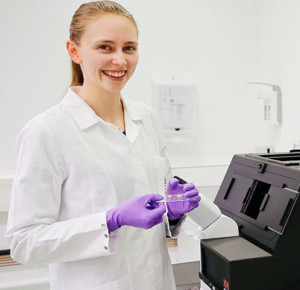
Nora Pauly is writing her doctoral thesis on the consequences of heart attacks at the joint graduate college of Essen University Hospital and ISAS. With the bed-to-bench-to-bed principle, her work in basic research is closely linked to the everyday clinical practice of caring for heart attack patients.
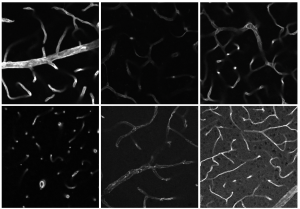
How can AI be used optimally in bioimaging research? A team of international researchers and scientists led by Dr Jianxu Chen from ISAS has developed a framework designed to make it easier for biomedical scientists to work with data-centric AI. Using the example of vascular segmentation, the authors of the publication in the journal npj imaging now demonstrate the advantages of the new framework.
